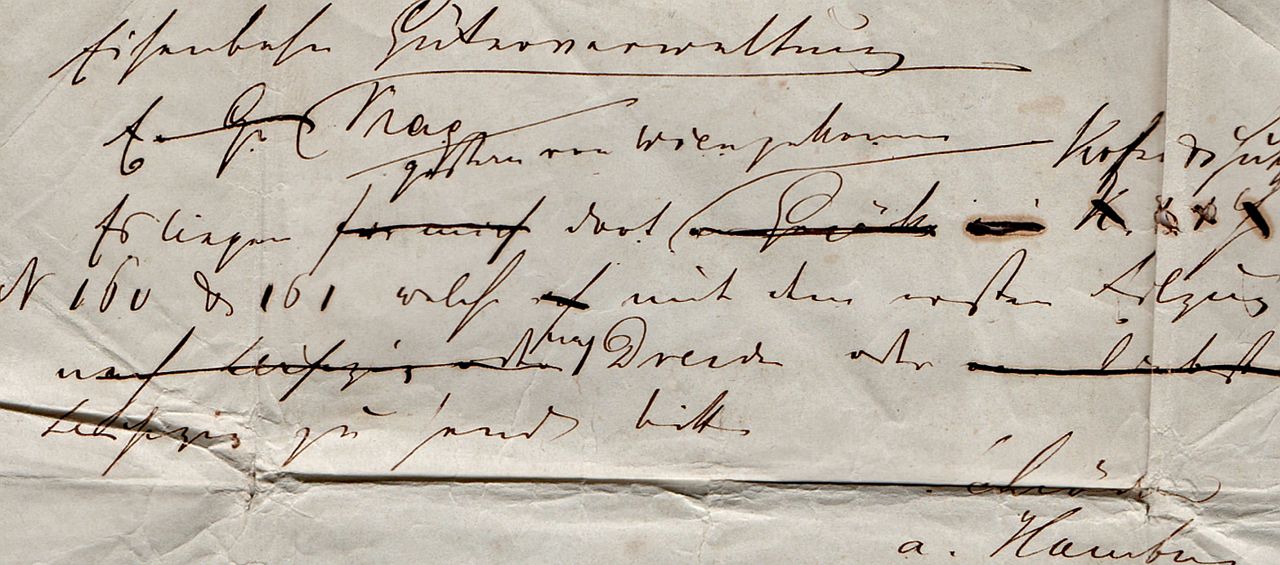What happens if I exclude someone from my will?
It is surprising how many people choose to exclude a family member, partner or dependant, for some reason or another, from receiving an inheritance under a Will. If you choose to leave a significant person out of your Will, it is important that you are aware of legislation which will undermine your decision.
Relevant provisions are in the Succession Act (NSW) or Family Provision Act (ACT). This legislation allows for “eligible people” to make a claim upon your estate should they not receive what they consider to be adequate provision under your Will.
The classes of people who may be eligible to make a claim include: spouses, de-factos, children, step-children, adopted children, grandchildren, dependants, parents and former wives or husbands. [1]
Succession legislation was developed because it acts as a safe guard against indignant testators leaving entitled beneficiaries out of their Will.
There is a moral and ethical duty to make adequate provision for the maintenance, education and advancement of eligible people. Having a falling out with a family member or fearing that they will waste their entitlement is not reason enough to disinherit someone.
In a recent Victorian case of Hyatt & Anor v Covalea [2011], the testator left the whole of his estate to his carer who had been living with him for numerous years. The testator had two children who he did not make any provision for in his will. His will stated:
“I DECLARE that I have carefully considered but not provided for my children ANDREA HYATT or CHRISTINE POISSON as they have never reciprocated any attempts by me to develop a relationship between us leaving the necessary caring work to my executor since I have been frail. In addition my children have not made any attempt for me to see my grandchildren. Although my relationship with Christine is closer having regard to her overseas domicile I am informed by her that she is quite comfortable financially and does not require or want any provision made for her.”
Her Honour, Justice Zammitt stated that the testator “had a responsibility to the plaintiffs, to make provision as would provide a reasonable measure of protection to the plaintiffs against their vulnerability to the vicissitudes of life.”
Factors that this Court and other courts take into account when determining estate claims include financial situation, age, employment, health, size of the estate, competing claims, the standard of living of the claimant during the deceased’s lifetime, the extent of the contact between the claimant and the deceased, the manner in which the claimant conducts himself or herself in relation to the deceased during their lifetime, the deceased’s wishes, and statements made by the deceased during their lifetime as to the provision that has or has not made for the claimant.
Her Honour handed down her decision which awarded (from an estate valued at around $270,000) a specific legacy in the sum of $110,000 to one of his children and a legacy in the sum of $140,000 to the other. The residue estate was given to the carer.[2]
When I advise people that it is extremely unwise to leave an eligible person out of a Will, i am invariably asked the question, “why should I make a Will if the courts can go ahead and change it anyway?”
There are many reasons why you should have a will, a few of them are:
- The fact that an eligible person has the right to make a claim upon an estate does not mean that the court will make an award in favour of the claimant. There are genuine reasons why people may wish to disinherit an eligible person, for example, in the case of Boniadian v Boniadian [2004] the Court found that blackmail was a sufficient enough reason to leave a person out of a Will. Courts have the discretion to grant relief, therefore, the Court does not take an all or nothing approach, they can allocate an entitlement as they see fit. So there are genuine reasons why an entitled person can be left out of a Will.
- If you die intestate, that is without a Will, your estate will be distributed in accordance with legislation. Your Will may be distributed in proportions, or to people, that you are not happy with. Furthermore, if no entitled persons can be found then your estate will be paid to the state (or territory) where your assets are held. Dying intestate can also be expensive, the administration costs for obtaining letters of administration and administering your estate are usually much more than if you had a Will. Also, if the legislation changes your beneficiaries will change, so your testamentary wishes are taken out of your hands.
- With careful drafting of your Will and careful estate planning, having a Will can significantly minimise tax burdens. While there are currently no death duties in Australia, Capital Gains Tax (CGT) and income tax are important considerations which affect both your estate and beneficiaries of your Will. A way to minimise the tax burden upon your estate is to establish a trust by Will, that is, a Testamentary Discretionary Trust (TDT). A TDT will allow for income splitting and streaming to lower taxable incomes. Further, a TDT is an effective mechanism for asset protection, for example if there is a break down in family relationships between beneficiaries, or because of bankruptcy.
At elringtons we can assist and advise in relation to the preparation of a Will or any estate planning document, handle estate claims, apply for probate or letters of administration and assist with the administration of estates.
For more information please contact our Wills and Estate Team:
e: info@elringtons.com.au | p: +61 2 6206 1300
Related Articles:
North shore daughter sues sister over mother’s will.
[1] The legislation differs between each state and territory.
[2] Hyatt & Anor v Covalea [2011] VSC 334 (8 August 2011) at Austlii on 17 August 2011 http://www.austlii.edu.au/au/cases/vic/VSC/2011/334.html
Further reading

elringtons lawyers regularly provide legal advice in relation to a range of estate planning matters. Please contact our Wills and Estate Team for more information or to make an appointment call (02) 6206 1300











